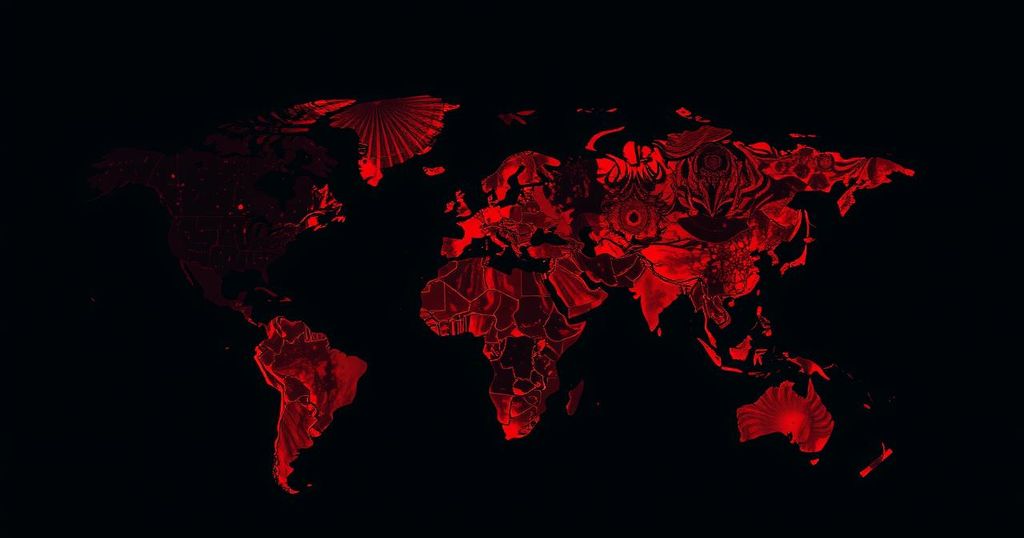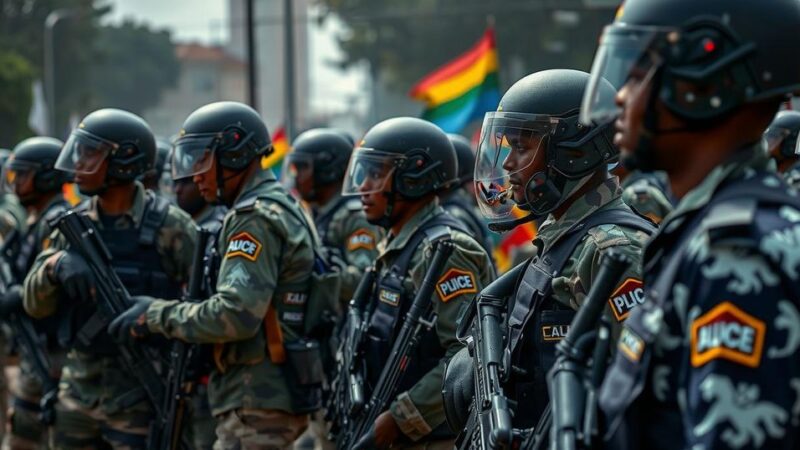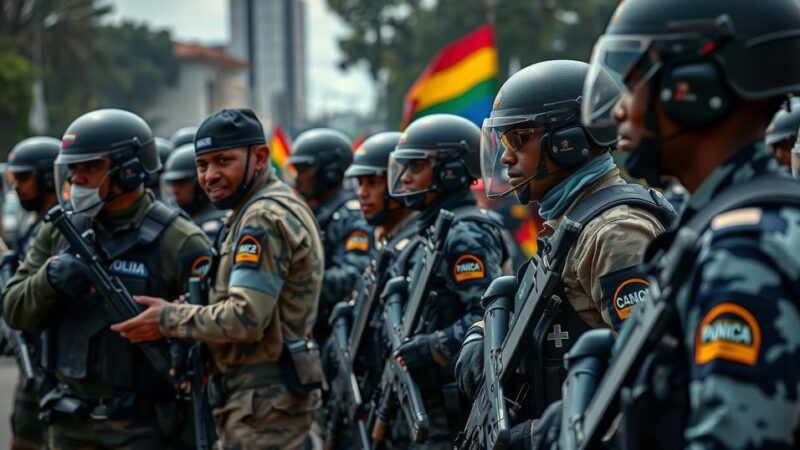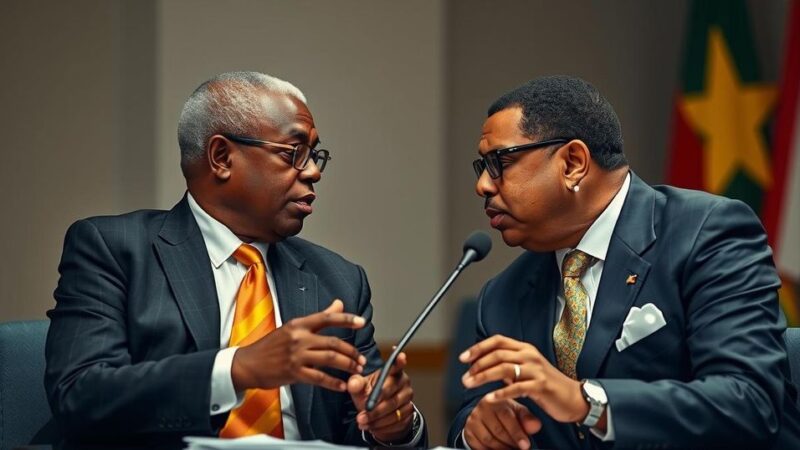The abduction of Ugandan opposition leader Dr. Kizza Besigye on 16 November in Kenya underscores a dangerous trend of transnational repression. Amnesty International condemned the act, highlighting it as part of a systematic crackdown on dissent by the Ugandan government, with serious implications for human rights and political freedom in the region.
The recent abduction of Dr. Kizza Besigye, a prominent Ugandan opposition politician, has raised serious concerns about the increasing trend of transnational repression. This incident occurred on 16 November in Nairobi, Kenya, and following his detention, he was arraigned at a military court in Kampala on 20 November. Amnesty International’s East and Southern Africa Regional Director, Tigere Chagutah, strongly condemned the actions of the Ugandan government, characterizing this abduction as part of a broader pattern of human rights violations that extend across borders, undermining the safety of political dissidents. Dr. Besigye’s disappearance highlighted the troubling nature of collaboration between Ugandan and Kenyan authorities, specifically regarding the targeting of opposition figures. Despite Dr. Besigye’s lawyers alleging collusion, the Kenyan government has denied any involvement in his abduction. It is noteworthy that similar actions have been observed previously, where members of the Forum for Democratic Change (FDC) faced unlawful detentions and deportation, which raises questions about the safety and rights of political asylees in Kenya. The Ugandan government’s history of systematically repressing dissent through arbitrary arrests, unlawful detentions, and abductions is evident. Amnesty International emphasized that this latest incident sends a chilling message to dissenters and was designed to intimidate those opposing the Ugandan regime. The organization calls for an immediate cessation of such repressive practices, urging both governments to respect human rights and due process.
The abduction of Dr. Kizza Besigye occurred amidst a broader context of political repression and human rights violations in Uganda. Dr. Besigye has long been a vocal critic of the Ugandan government, having run for the presidency multiple times. His recent abduction is not an isolated incident; rather, it reflects a growing trend where activists and political dissidents are targeted beyond their home countries. The case highlights the cross-border collaboration of state authorities to suppress dissent and raises significant concerns about the safety of political asylum seekers in regions such as East Africa.
Dr. Kizza Besigye’s abduction serves as a disturbing indicator of the escalating issue of transnational repression faced by political dissidents in East Africa. With credible concerns raised by Amnesty International regarding human rights abuses and the collaboration between governments, it is imperative for the international community to address these violations and advocate for the protection of human rights for all individuals, regardless of their political affiliations. Continued vigilance and action are essential to counter such oppressive practices.
Original Source: www.amnesty.org






